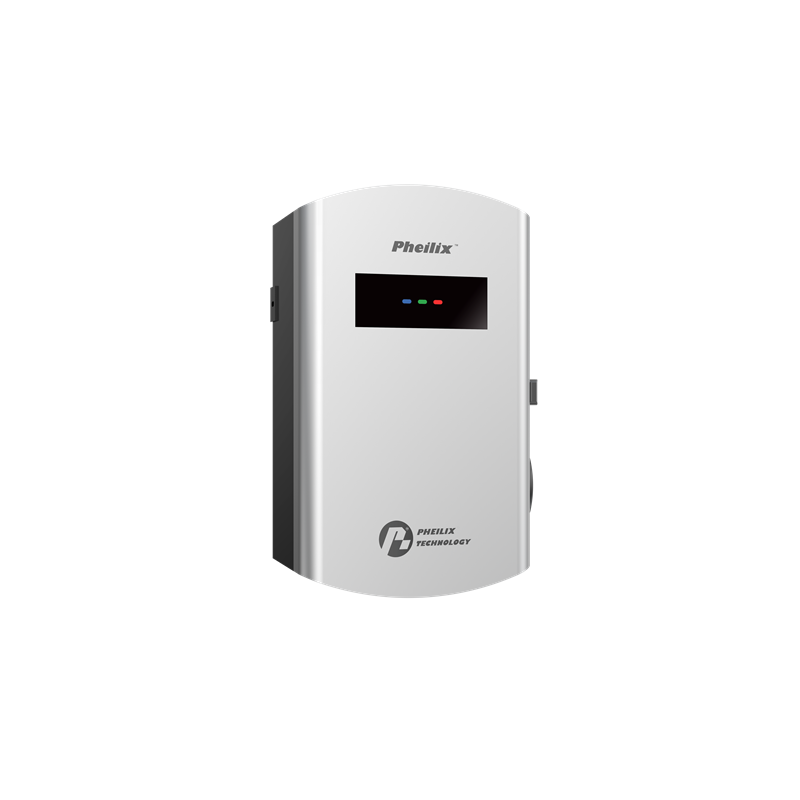product
European EV charge point certified by CE and TUV
In today’s globalized market, CE marking and TUV certification are two widely recognized safety and quality assurance labels for products. While both aim to ensure the safety and quality of products, there are some important differences between them.
- Meaning and History:
CE marking is a mandatory mark for the European Union (EU), indicating that a product meets the health, safety, and environmental protection standards of the European Union. It was introduced into the EU market as part of the free movement of products within Europe.
TUV certification, on the other hand, is a service mark provided by the German Technical Inspection Association (TüV SüD). TUV stands for Technischer Überwachungsverein (Technical Inspection Association) and is one of the oldest and most authoritative certification bodies in Germany and Europe. TUV certification focuses primarily on the reliability and functionality of products, while also considering safety and environmental protection standards.
- Scope of Application:
CE marking is primarily applicable to manufacturers who want to sell their products in the EU market. It is a self-declaration made by the manufacturer or its representative in the EU, stating that the product meets all relevant health, safety, and environmental standards.
TUV certification is suitable for manufacturers who wish to sell their products in the German and European markets. Although it is not legally mandatory like CE marking, many retailers, importers, and consumers require TUV certification for their products.
- Importance and Impact:
The importance of CE marking lies in the fact that products without CE marking cannot be freely circulated in the EU market. Therefore, obtaining CE marking is crucial for manufacturers hoping to sell their products in the EU market.
The importance of TUV certification lies mainly in the reliability and functionality of the product. While it is not legally mandatory like CE marking, many consumers and business partners consider TUV certification as a symbol of high quality and reliability. Therefore, obtaining TUV certification can help manufacturers increase the market acceptance of their products.
- Differences:
Although CE marking and TUV certification both focus on product safety and quality, they differ in some key aspects. CE marking primarily concerns whether a product meets the health, safety, and environmental standards of the EU, while TUV certification pays more attention to the reliability, functionality, and quality of the product.
In addition, the processes of obtaining CE marking and TUV certification also differ. CE marking usually requires a series of tests and audits to prove that the product meets relevant standards. In contrast, TUV certification involves evaluating the entire production process of the product, including raw material procurement, production processes, quality control, and other aspects.
Conclusion:
Although CE marking and TUV certification are both important safety and quality assurance labels for products, there are significant differences between them. For manufacturers hoping to enter the EU market, obtaining CE marking is necessary. For those aiming to sell their products in the German and European markets, obtaining TUV certification may be a good choice. Understanding the differences between these two certification systems can help manufacturers better meet market requirements and improve their products’ competitiveness in the market.














